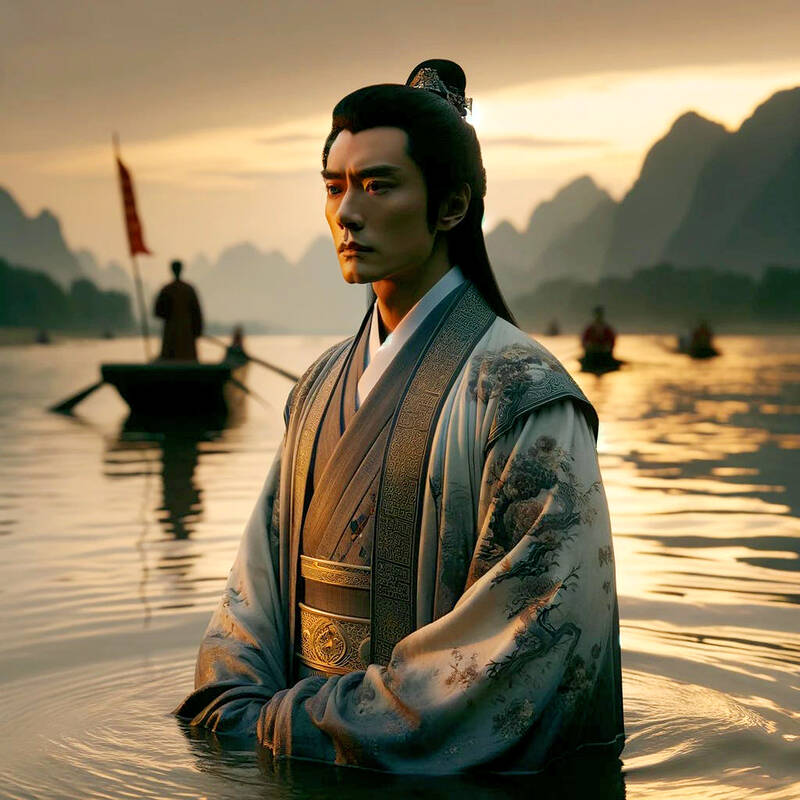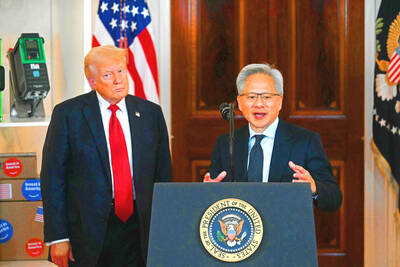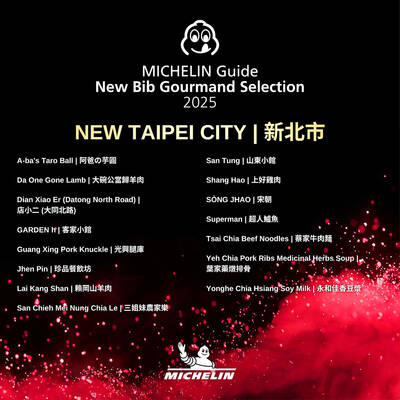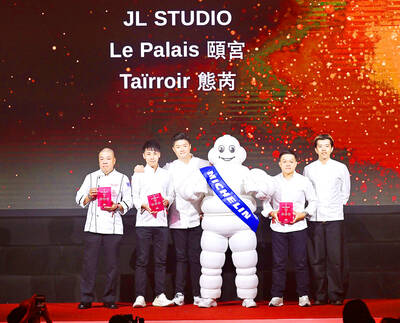Bilingual Story is a fictionalized account.
雙語故事部分內容純屬虛構。
I stand by the Miluo River as dusk falls. The court betrayal is too much. I served Chu with loyalty. I forged alliances and fought corruption. But the whispers of jealous courtiers, the murmurs of treason, spoke louder. The king cast me out.

Photo: AI I 照片:AI
The water looks calm. It promises peace. I step in. The river is cold against my legs. I hear shouts behind me — fishermen calling my name. I keep walking. The calls grow louder, but I do not turn around.
The water rises to my chest. It pulls at me. I let it. My feet leave the bottom, and I float for a moment. And then I sink. The noise from the shore disappears. Only the river’s muted hum remains.
Through the water, I see boats thrashing. Oars striking the surface. Rice dumplings falling in, bobbing like small, white boats. Fish dart around them, curious and quick. I close my eyes. The river’s embrace is complete. Chu’s troubles and my sorrows slip away. The current takes me. I drift into darkness.
夕陽低垂,我佇立於汨羅江畔。朝廷的背叛讓人心寒。我為楚國鞠躬盡瘁,忠誠為國,締結同盟、力抗腐敗。但嫉妒朝臣的低語、誣陷叛國的流言,終究淹沒了真相。國君將我驅逐出朝堂。
江水看似平靜,承諾著將給予我渴求的那份安寧。我一腳踏入水中,冷冽的河水迅速沒過雙腿。身後傳來了漁夫們焦急的呼喊,他們叫著我的名字。喊叫聲愈發大聲。可是我沒有回頭,只是一步步走向水心。
江水漫至胸前,那股拉扯的力量開始攫住我。但我沒有抗拒,就這麼任憑水流把我帶離。我的腳離開了地面,身軀短暫飄浮著,並隨即沉沒水底。岸上的喧囂消散,只剩江水幽幽的低鳴。
透過水,我看見了船隻在江面翻騰,船槳拍打著水面。一枚枚粽子投入江中,隨波蕩漾,像小小的白舟。魚群好奇地穿梭其中,靈巧而快速。我闔上雙眼,任由江水將我緊緊抱入懷中。楚國的紛擾與我的哀愁散去。我隨著水流牽引,飄向無盡的黑暗...。
Epilogue 故事討論
The story is a retelling of the final moments of Qu Yuan — a poet and official of the Chu State more than 2,000 years ago. Betrayed by corruption in his country, he walked into the Miluo River with a heavy heart. He gave his life not out of despair alone, but out of love for his homeland. His act went down in history as a symbol of loyalty and moral courage.
To this day, he is remembered and respected in Chinese culture. After his death, local people raced out in boats, hoping to find or save him. They beat drums to scare fish away and threw rice dumplings into the river. These early actions were how people paid tribute to Qu Yuan.
These traditions became the roots of the Dragon Boat Festival, also known as the Duanwu Festival. In Taiwan, the festival is more than a day off — it is a time to celebrate teamwork, family and cultural pride. People gather to watch or join in dragon boat races held in places like Taipei, Kaohsiung, Lukang and Tainan. Teams paddle in long boats to the beat of drums, racing across rivers or lakes. At home, families make and eat zongzi — sticky rice dumplings wrapped in bamboo leaves. These can be filled with pork, mushrooms, peanuts or sweet red beans. Some people still hang mugwort and calamus on their doors to protect against bad luck or illness. Small herbal pouches and five-colored threads are given to children for health and safety. These items are often sold at local markets and temples during the festival.
Though the customs may change with time, the meaning behind them remains. The Dragon Boat Festival connects the past with the present. It reminds us that even in difficult times, acts of courage and love are never forgotten.
(*People with suicidal thoughts or in need of emotional support are encouraged to call National Suicide Prevention Center at 1925, Taiwan Lifeline International at 1995, or Teacher Chang Foundation at 1980. All the hotlines are 24-hour and toll-free.)
這個故事改編自兩千多年前楚國詩人與官員—屈原的生命終章。因被腐敗朝廷背叛,他心懷悲憤,步入汨羅江。他選擇以死明志,不只是出於絕望,而是源自對楚國的熱愛。他的這份舉動,自此成為忠誠與道德勇氣的象徵,永留青史。
時至今日,屈原依然在華人文化中備受景仰與懷念。屈原投江後,當地百姓划著小船四處搜尋,希望能救回他。他們擊鼓驅趕魚群,也把粽子丟進河裡(為了讓魚去吃粽子,不咬屈原的身體),當年的人們正是透過這些行動,來表達對屈原的緬懷與敬意。
這些習俗逐漸演變為今天的端午節,亦稱為龍舟節。在臺灣,端午不僅是放假日,更是凝聚家族、表揚團隊精神與文化認同的重要時刻。每到端午,台北、高雄、鹿港、台南等地都會舉辦熱鬧的龍舟競賽。選手們在長長的龍舟中隨著鼓聲齊心划槳,在河裡或湖裡奮力競速。家家戶戶則包起粽子,以竹葉包裹糯米,配上豬肉、香菇、花生或紅豆。許多人仍於門上懸掛艾草與菖蒲避邪,並為孩童配戴香包與五色絲線祈求平安,這些物品常見於節慶期間的傳統市場與廟宇。
習俗或許會隨時代更迭,但它的精神永留存。端午連結古今,提醒我們:即便身處逆境,勇氣與摯愛的行動,永不被遺忘。
(*台北時報關心您:若有自殺念頭或需情感支持,求助請洽免費專線:安心專線:1925、生命線協談專線:1995、張老師專線:1980。)
Vocabulary 單字片語
1. Qu Yuan 屈原
2. Miluo River 汨羅江
3. betray 背叛、出賣、不忠
4. corruption 腐敗
5. despair 絕望
6. zongzi 粽子
7. dragon boat race 龍舟競賽
8. loyalty 忠誠
9. teamwork 團隊合作、聯合作業、協力配合
10. celebrate 表揚、頌揚、讚美
Idioms 相關成語
1. with a heavy heart 心情沈重
2. go down in history 永留青史
3. pay tribute to 緬懷
4. cast out. . . /cast. . . out 驅逐
Nigel P. Daly is a writer with a language learning newsletter called Chin-glish bilingual lab (https://ndaly.substack.com).
Cynthia Chen is a translator and writer specializing in blogs, scripts and articles.

When Nvidia CEO Jensen Huang revealed on Friday last week that the company is working with the Trump administration on a new computer chip designed for sale to China, it marked the latest chapter in a long-running debate over how the US should compete with China’s technological ambitions. The reasoning has sometimes changed — with US officials citing national security, human rights or purely economic competition — but the tool has been the same: export controls, or the threat of them. Nvidia believes it can eventually reap US$50 billion from artificial intelligence (AI) chip sales in China. But it so far has

In 2024, multiple airplane accidents caused severe casualties, including a Jeju Air disaster at the year’s end. However, not all incidents ended in tragedy. Early in the year, a Japan Airlines flight caught fire after landing in Tokyo, but all 379 passengers and crew members escaped within 90 seconds. This event highlights the “golden 90 seconds” that experts emphasize — most survivors evacuate the plane within this critical window. Proper preparation ensures you can act quickly and decisively during these crucial moments when every second counts. Your survival strategy begins before takeoff. Wear long pants, a comfortable top, and

A: The Michelin Guide Taiwan announced the 2025 Bib Gourmand eateries and starred restaurants last week. B: What were the highlights this year? A: In addition to Taipei, Taichung, Tainan and Kaohsiung, New Taipei City and Hsinchu City and County were included for the first time. B: As a New Taipei resident, I can’t wait to try all the awarded local delicacies. Should we start from the more affordable Bib Gourmand selection? A: Sure, New Taipei and Hsinchu each boast 15 Bib Gourmand eateries now, including some famous establishments such as San Tung restaurant. A: 2025《米其林指南》近日公布「必比登推介」和星級餐廳。 B: 今年的名單有哪些亮點? A: 除了台北、台中、台南、高雄,今年加入新北、新竹縣市! B: 身為新北人,我真想吃遍當地的美食,我們要不要從平價的必比登先開始? A: 好啊新北、新竹各有15家入選必比登,像山東小館等知名餐廳都有上榜唷。 (By Eddy Chang, Taipei Times/台北時報張迪)

A: Seeing as the 2025 Michelin Guide extended to New Taipei City and Hsinchu City and County, it’s hard to believe that none of the restaurants won a Michelin star. B: Some fine establishments — like Hsinchu’s A Cut steakhouse — surely deserve the honor. A: Michelin-starred restaurants have good quality food, but some of them are so pricey. B: I once had barbeque pork at a starred restaurant that set me back NT$4,800. That’s even higher than my weekly food budget. A: No wonder several of them have closed down recently, as high prices and the tariff war are scaring off